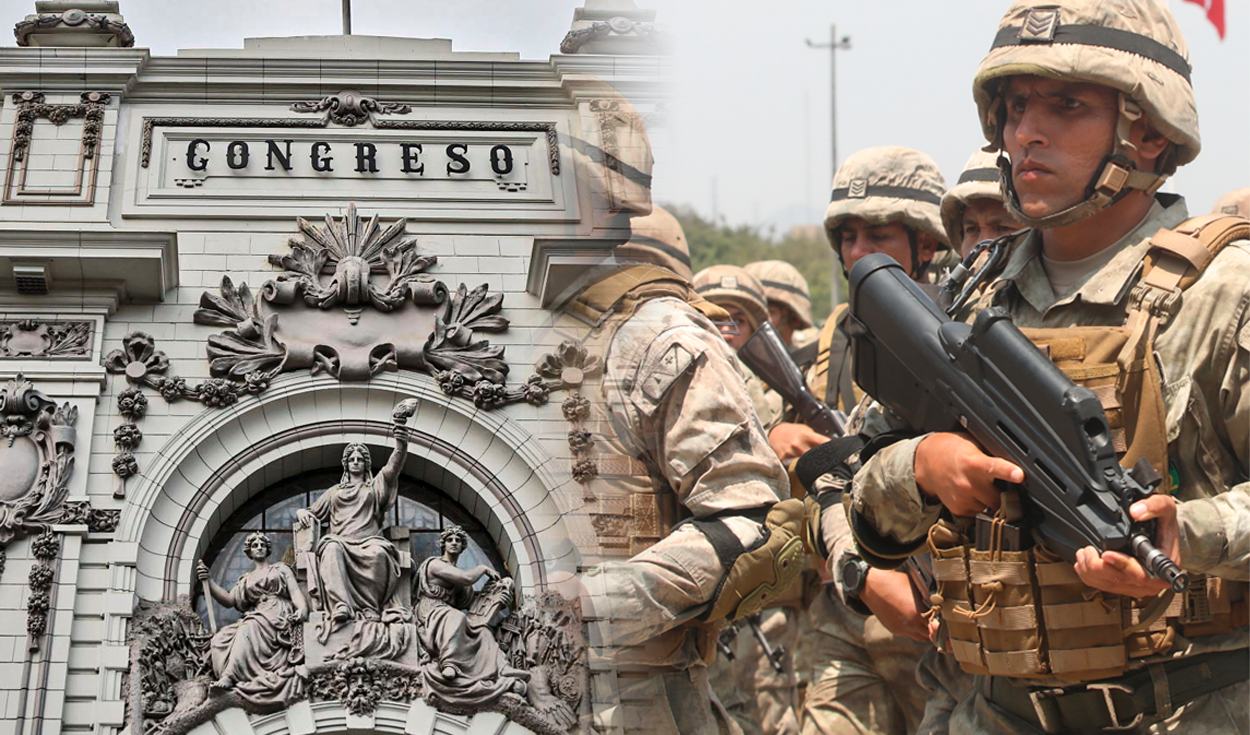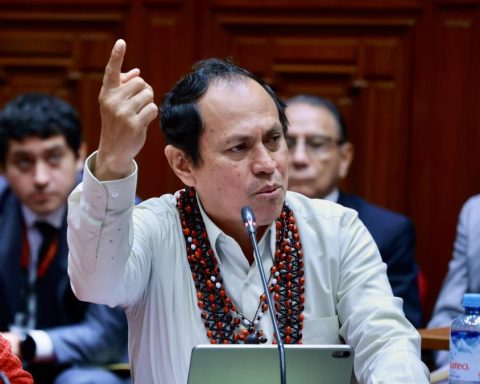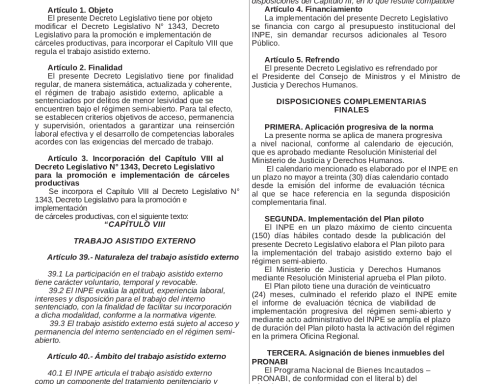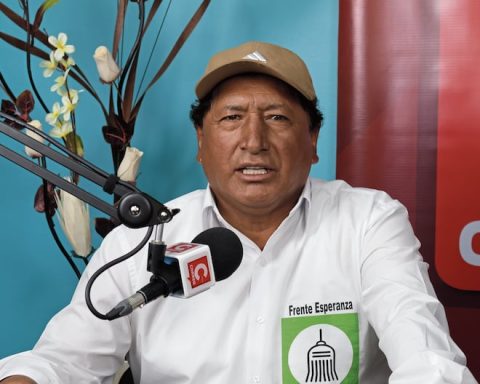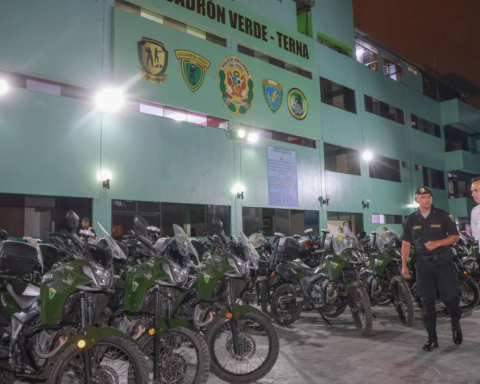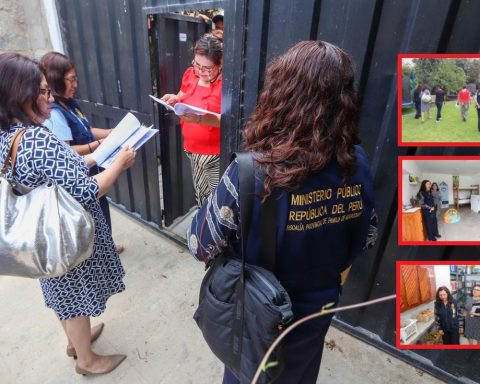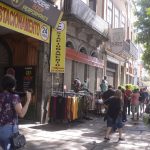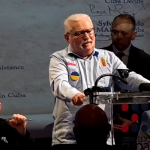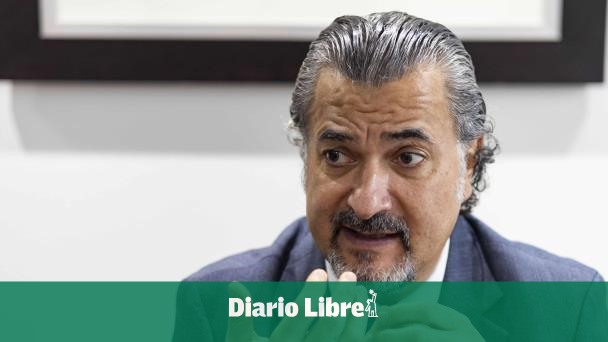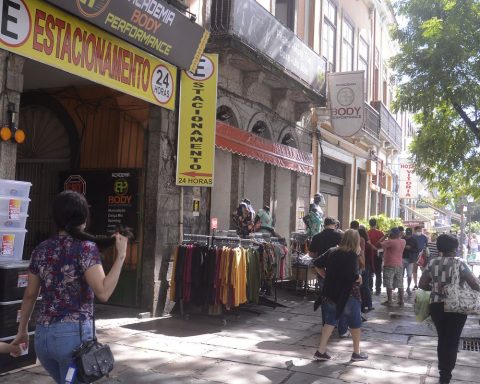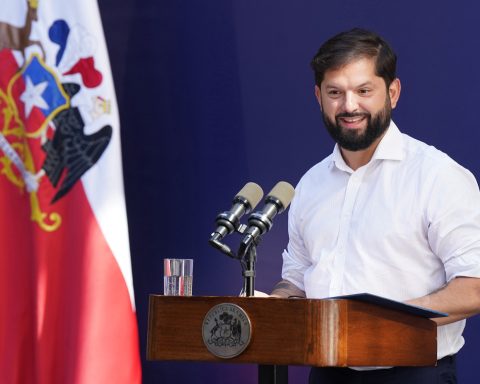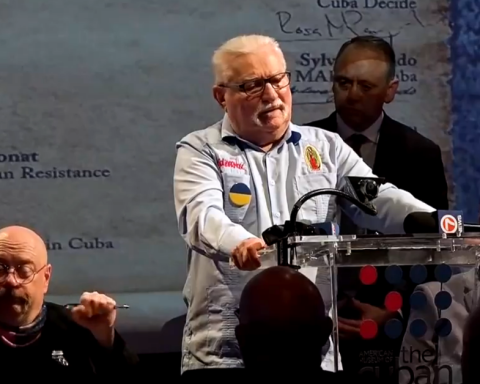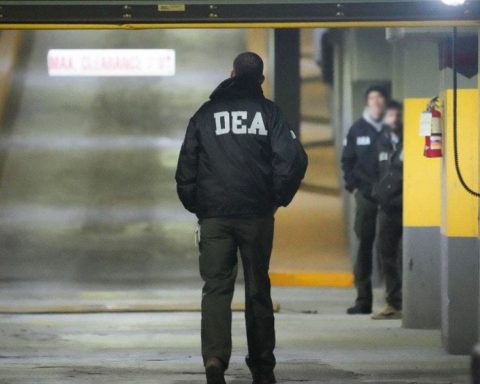On November 12, Congress approved a law that protects police officers and members of the Armed forces when using your firearm in acts of service. According to this project, if the use of the weapon results in injury or death, the authorities involved will not be subject to preliminary or preventive detention.
Along the same lines, it included one of the points that generates the greatest concern: the repeal of subsection a) of numeral 1 of article 261 of the Criminal Procedure Code, Legislative Decree 957, within the framework of the powers of the judge that prohibits him from ordering detention. preliminary and preventive judicial investigations of citizens, politicians, high-profile figures and even senior officials.
The section specifies that even if a case of flagrante delicto is not established, there may be reasonable grounds that suggest that an individual has committed a crime punishable by more than four years in prison. In such situations, the particularities of the case could indicate a risk of flight or interference in the investigation, which would justify the adoption of precautionary measures to ensure the effectiveness of the judicial process. Now this will not be the case with the approval of this initiativewhich was exonerated from the second vote.
YOU CAN SEE: Prosecutor Rafael Vela is insulted during his visit to a shopping center in the United States
The Republic contacted criminal lawyers Joel Córdova, Andy Carrión and Roberto Pereira, who explained how this ruling could put numerous investigations at risk. The lawyers expressed different, although not contradictory, opinions regarding the content of the replacement text and whether the repeal applies only to the PNP and the FF. AA. or also investigated in general.
Prohibition of preliminary detention would cause the investigated to evade or interfere with the investigation
Joel Córdova, who was a lawyer for the State Attorney General’s Officemaintains that the prohibition of preliminary and preventive detention for members of the PNP, Armed Forces and others under investigation is based on two essential conditions: the possibility of escape and the potential obstruction of the process. This measure, which is carried out without prior notice to those investigated, served the objective of preventing any attempt at evasion or interference in the investigation.
Given this, it ensures that the risks cannot be adequately managed by prosecutors or judges in situations where those investigated contemplate escape or seek to obstruct justice. The lawyer points out that the rule is promoted thinking about media cases, but it is forgotten that the majority are not of that nature, but common. “These criminals who are not officials will benefit from this rule,” he said.
YOU CAN SEE: Andrés Hurtado: contract with Panamericana prohibited him from political proselytizing, but he never complied
Likewise, he said that in the event that those investigated seek to evade justice or hinder the process, they will have the possibility of doing so during the time that the preventive detention hearings take place, which usually last in complex situations.
Prohibition of detention of PNP and Armed Forces favors them before the law over any citizen
For his part, lawyer Andy Carrión criticizes what he considers a clear favoritism towards the members of these institutions over the rest of the citizens, warning about the risks of impunity that this entails.
“This seems like absolute nonsense to me, because the only thing that would be promoting this type of regulations would be impunity,” Carrión asserts. According to him, although the justified causes for the use of police weapons – such as the protection of one’s own life or that of third parties – must be evaluated by the Prosecutor’s Office and the Judiciarythis rule would close all possibilities of judicial action in cases where the use of force is not completely justified.
YOU CAN SEE: APEC 2024: Why was Joe Biden far from Dina Boluarte in the official photo? This is the answer
Carrión explains that, under current considerations of self-defense, it can be determined whether a police officer who used his weapon is exempt from criminal responsibility. However, he fears that the law prevents action in situations where a police officer, far from repelling an attack, acts with premeditation by causing the death of another person. “It would even be outside the reach of legitimate defense,” he indicates, highlighting the danger of generating “impunity for acts that could be included in crimes, even homicide.”
The lawyer also points out that preliminary detention is a provisional measure that does not prejudge the guilt or innocence of the suspect, but rather allows action if he shows obstructionist behavior or tries to evade the investigation. “If the police officer shows any obstructive behavior to the investigation or the police officer in some way tries to escape or not appear at the investigation, then the prosecutor has the possibility of requesting the judiciary to preliminarily arrest him,” explains Carrión.
Finally, Carrión criticizes the reinforced presumption of innocence that this rule would grant to police officers compared to other citizens. “That would be giving it a regulatory privilege that the Constitution prohibits, because we are all equal before the law,” he concluded.
YOU CAN SEE: APEC 2024: presidents and authorities who arrived at the international summit in Peru
Congress once again breaks the independence of powers
Lawyer Roberto Pereira expressed his rejection of this legislative measure which he considers a direct attack on the independence of powers in Peru. This regulation prohibits the preliminary detention of individuals in certain contexts, which, according to Pereira, constitutes inappropriate interference by Congress with judicial powers.
“It is not constitutional, because what is being done is interfering from the law with a power that belongs to the judges,” said Pereira. According to him, only judges should have the ability to decide when it is appropriate to restrict a person’s freedom in specific situations. It ensures that this evaluation cannot be predetermined by the legislator in an abstract manner.
Pereira criticizes the measure as “reactive and absurd,” suggesting that it responds more to isolated incidents of abuse by the Prosecutor’s Office or judges than to a genuine legislative need. Furthermore, it argues that these problems should be addressed by improving internal control mechanisms and sanctions within judicial institutions, rather than prohibiting certain judicial actions.
YOU CAN SEE: APEC 2024: presidents and authorities who arrived at the international summit in Peru
Likewise, he indicated that Congress could be using this ruling as a pretext to pretend that action is being taken against crime, although in reality the measure would not have a significant impact on improving citizen security. Additionally, he argued that this is more of a reaction to isolated cases and does not address the roots of the problem. Pereira indicates that this ruling is a way to “give a message that something is being done against crime,” although he believes that it is ineffective and does not contribute to a real solution.
The lawyer also points out the irony of the situation: “It is as if he were trying to annul the Congress because there are terrible congressmen. “It is being used as a pretext to give a message that something is being done against crime, when in reality this has no impact on citizen influence.”
In addition, Pereira points to negative consequences, such as the potential increase in leaks. “It is highly likely that these people will flee, especially in cases where there is no flagrante delicto, but there are solid incriminations,” he explained, highlighting the importance of preliminary detention to ensure that the accused do not evade the judicial process.
